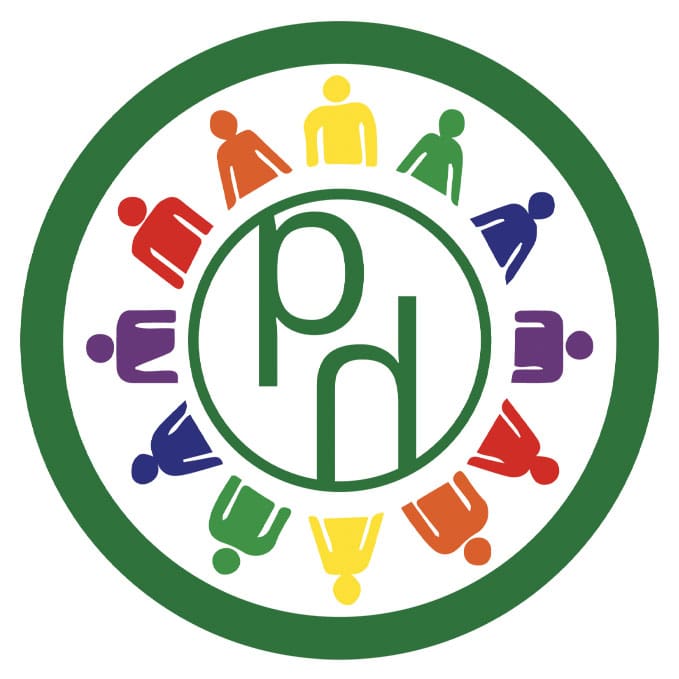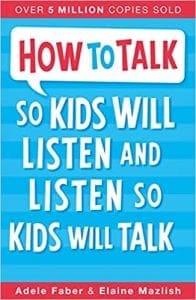There are many self-help books on the market, here are a few that are recommended by our team…

Photo by Jonas Jacobsson on Unsplash
The Anxiety Survival Guide
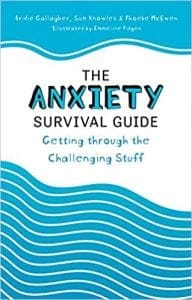 Co-written with psychologists and a college student who has experienced anxiety herself, this is a relatable and straightforward guide to managing worry in emerging adulthood. As well as providing tried-and-tested advice and exercises that are proven to reduce feelings of anxiety, it includes recovery stories from people who have managed their symptoms successfully.
Co-written with psychologists and a college student who has experienced anxiety herself, this is a relatable and straightforward guide to managing worry in emerging adulthood. As well as providing tried-and-tested advice and exercises that are proven to reduce feelings of anxiety, it includes recovery stories from people who have managed their symptoms successfully.
Looking After your Mental Health
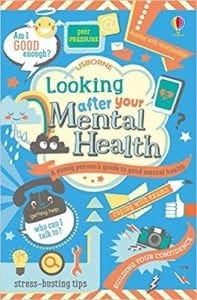 We talk about our physical health – but not so much about how we’re feeling. With lots of practical advice, this lively, accessible guide explains why we have emotions and what can influence them. Covering everything from friendships, social media and bullying to divorce, depression and eating disorders, this is an essential book for young people.
We talk about our physical health – but not so much about how we’re feeling. With lots of practical advice, this lively, accessible guide explains why we have emotions and what can influence them. Covering everything from friendships, social media and bullying to divorce, depression and eating disorders, this is an essential book for young people.
Teenage Depression: A CBT Guide for Parents; Help your Child Beat their Low Mood
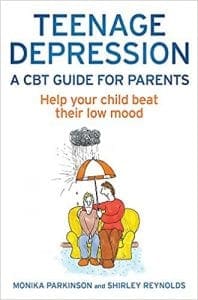 Depression is one of the most common mental health problems and is estimated to affect around 15% of people at some point during their life. For many people depression is a life-long disorder which starts during the teenage years – around 10% of teenagers are estimated to have an episode of depression and many more experience persistent low mood. This accessible companion book to Am I Depressed and What Can I do About it? follows essentially the same structure and makes use of the same case studies but looks at the issues from the parents’ point of view and incorporates additional strategies for parents. From ‘what to look out for’, through what the evidence says about different forms of treatment, to family communication and relapse prevention. Each section includes troubleshooting boxes.
Depression is one of the most common mental health problems and is estimated to affect around 15% of people at some point during their life. For many people depression is a life-long disorder which starts during the teenage years – around 10% of teenagers are estimated to have an episode of depression and many more experience persistent low mood. This accessible companion book to Am I Depressed and What Can I do About it? follows essentially the same structure and makes use of the same case studies but looks at the issues from the parents’ point of view and incorporates additional strategies for parents. From ‘what to look out for’, through what the evidence says about different forms of treatment, to family communication and relapse prevention. Each section includes troubleshooting boxes.
How to Talk so Kids Will Listen and Listen so Kids Will Talk
Parenting experts Adele Faber and Elaine Mazlish provide effective step-by-step techniques to help you improve and enrich your relationships with your children.
Learn how to:
- break a pattern of arguments
- cope with your child’s negative feelings
- engage your child’s co-operation
- set clear limits and still maintain goodwill
- express your anger without being hurtful
- resolve family conflicts peacefully.

